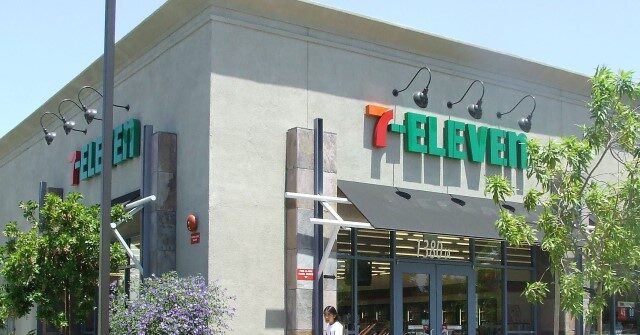7-Eleven’s parent company, Seven & I Holdings, has announced plans to close over 400 locations across North America after these stores displayed “underperforming” metrics in the second quarter of FY 2024. According to a recent earnings report, the total of 444 closures represents approximately 3 percent of the company’s entire portfolio of 13,000 stores in the U.S. and Canada, as well as more than 21,000 locations in Japan. Though the specific locations targeted for closure have not been disclosed, the decision reflects ongoing challenges within the retail convenience sector.
The context for these closures arises from broader economic trends influencing consumer behavior. Seven & I Holdings noted that while the North American economy remains generally strong, driven primarily by spending from high-income individuals, there is a noticeable shift in consumption patterns. Inflationary pressures and elevated interest rates have led to a more cautious approach among middle- and low-income consumers. This change in spending habits effectively translates to reduced traffic and merchandise sales at convenience stores, impacting overall revenue.
A contributing factor to this scenario is the significant decline in cigarette sales, which have traditionally been one of the highest revenue categories for convenience stores, including 7-Eleven. Reports indicate that sales have dropped by 26 percent since 2019, further complicating the financial landscape for retailers reliant on tobacco products. As these industry trends unfold, 7-Eleven’s decision to shutter underperforming stores appears as a strategic move to streamline operations and reduce losses in an increasingly competitive market.
The announcement of 7-Eleven’s closures comes on the heels of similar news from other retail chains facing their own economic challenges. For instance, California-based 99 Cents Only recently declared that all 371 of its locations would close, attributing the difficult decision to inflationary pressures. Similarly, Dollar Tree reported plans to shutter approximately 1,000 stores, mostly within its Family Dollar division. These closures highlight a growing trend of retail consolidation as various chains respond to a turbulent economic environment.
The closures at 7-Eleven are indicative of larger concerns across the retail and convenience store industry, where many retailers are grappling with the aftereffects of the pandemic, supply chain disruptions, and shifting consumer preferences. The combination of rising costs and changing demographics has compelled companies to rethink their physical store strategies and to focus more on online sales channels. Analysts underscore the importance of these adjustments for maintaining profitability in a landscape defined by rapid change.
In light of these developments, the coming months may invite further scrutiny on how convenience retailers, including 7-Eleven, adapt to these economic pressures and consumer demands. As companies face mounting pressures from inflation and evolving market dynamics, focusing on performance optimization and re-evaluating their store portfolios will be crucial. The success of these strategies will ultimately depend on how effectively they can align with shifting consumer behaviors and leverage new sales opportunities in an increasingly digital marketplace.

